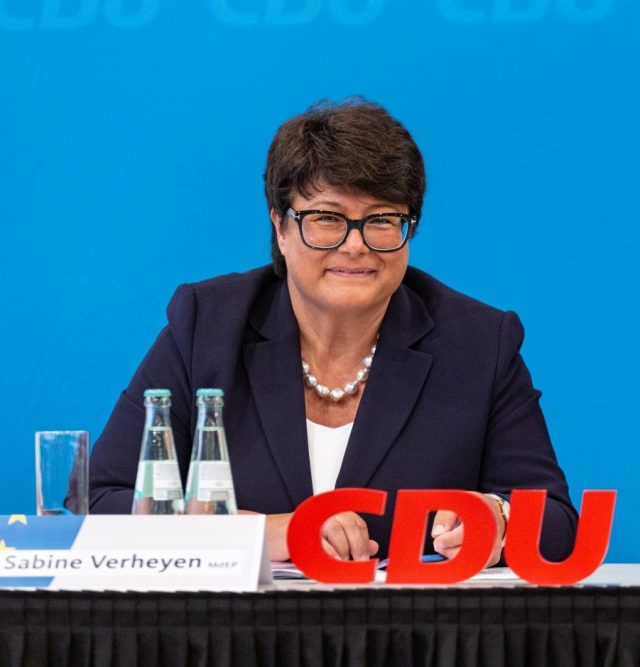
On 13 July 2021, the European Union’s Economic and Financial Affairs Council decided to approve allocating EUR 670 990 000 to Spain, as one of the many measures included in the Recovery and Resilience Facility (RRF) plan presented by the socialist and communist Government of Mr. Pedro Sanchez. This particular amount is intended to create 65 382 new public places in the first cycle of preschool education (0 to 3 years) in the period from 2021 to 2023.
The leftwing Government in Madrid has been criticised for creating public jobs, funded with taxpayers’ money, in order to reduce the high unemployment figures. These particularly scandalous within the youth, the highest rate in the whole of the European Union.
The Spanish National Federation of Preschools, represented by its President Mrs. Maria José González-Mayo Rodriguez-Irizábal, has filed a petition with the European Parliament, claiming that there is no real justification for the allocation of funds, given the huge number of existing vacancies in preschool education in first-cycle primary education centres in both the public and the private sector. Rather, the creation of new public places should be limited to those municipalities and/or neighbourhoods where there is an insufficient supply of places in both sectors.
The Parliament’s committee on Petitions has requested information to the European Commission, which has been supplied one year after the approval of funds, that is, on 19 July 2022. According to Mrs. Von der Leyen’s team, the Spanish plan complies with the provisions of the RRF regulation and they do not wish to further survey the fund until ahead of the fourth quarter of 2023 and the fourth quarter of 2024.
In the meantime, the chair of the Parliament’s Culture and Education committee, Mrs. Sabine Verheyen, an MEP belonging to the European People’s Party political group, has proposed to go along the same line as the European Commission and consequently close the petition without further action.
Nevertheless, she has made an interesting remark, in terms of Spain’s regional disparities. According to Mrs. Verheyen, while in some areas within the country there is a number of early childhood education and care places that remain unfilled, in others a shortage of places prevails. Such regional unbalances should be addressed in the plan.
Furthermore, a report by the United Nations International Children’s Emergency Fund (UNICEF) consulted by Mrs. Verheyen has underlined the fact that there are inequalities within the Spanish territory on the percentage of income that families have to devote to the cost of early childhood education.
On the other hand, unfilled capacity is explained by falling birth rates. This demographic problem is not tackled in the plan, either. Interestingly enough, the ongoing work in both the European Parliament and the European Commission keep a suspicious silence over this issue. Instead, European Union policy focuses on calling for immigration to cover the demographic desert leading to intergenerational suicide.
Mrs. Verheyen expressed her will to transmit to her colleague Mrs. Dolors Montserrat, chair of the Parliament’s committee on Petitions, the former’s support for the Commission’s assessment that would entail the closure of the file.
However, the European Conservatives and Reformists (ECR) are asking Mrs. Verheyen to exert due control over the European Commission, since an allocation of funds of EUR 671 billion which has been contested by Spain’s National Federation of Preschools deserves indeed further scrutiny.
According to the ECR, the committee on Petitions should consider whether the funds are being efficiently allocated where there is an insufficient supply, as creating public places in areas with a huge number of vacancies seems a rather awkward policy to let go so easily.
Source of image: CDU Aachen



 Subscribe
Subscribe